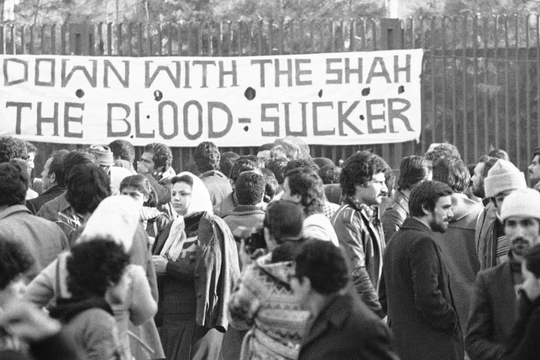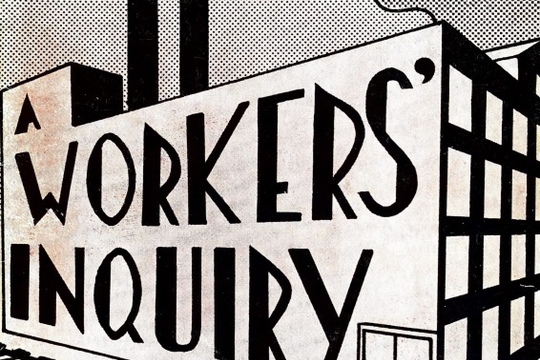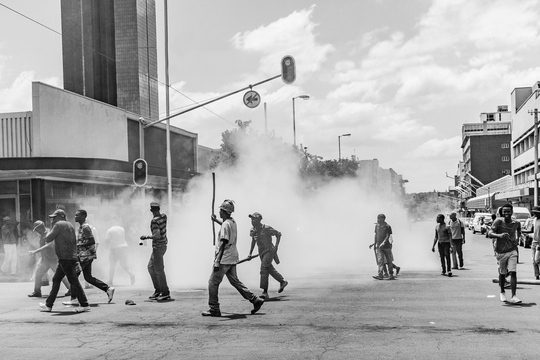Nabarde Kargar (Workers’ Struggle) - Workers’ Inquiry by Karl Marx (1976)

theory
Nabarde Kargar (Workers’ Struggle) - Workers’ Inquiry by Karl Marx (1976)
by
Nabarde Kargar
/
July 9, 2022
in
Karl Marx's Workers Inquiry
(#14)
Chapter Fifteen
Marx’s inquiry was published again by the Iranian group Nabarde Kargar (Workers’ Struggle), in London, in 1976. The following text is a brief introduction written by Nabarde Kargar, emphasising the relevance of the questionnaire, almost a century later, to workers’ situations in Iran. It has been translated from Farsi.
<center>Workers’ Inquiry</center>
<center>Karl Marx</center>
<center>Dedicated to: the true revolutionaries who strive to study the Iranian working class and spread scientific socialism.</center>
<center>Worker’s Struggle</center>
<center>“The workers alone truly understand their own suffering. Only workers, and not divine intervention, can cure the social ills to which they have fallen prey.”</center>
Karl Marx
Marx produced this questionnaire in his final years. This is the first Farsi (Persian) translation of the questionnaire, made available to those who champion the Iranian working class. This pamphlet can be a useful guide to those who wish to diligently study the living and working conditions of the Iranian working class and turn factories into barricades for political struggle. It seeks to reveal the realities of exploitation within the working class, and provides a roadmap for a Marxist analysis of this class to whom the future belongs. In his introduction to the first German edition of The Conditions of the Working Class in England, Engels writes:
In order to establish a solid foundation for socialist theory and its critiques, and to end emotional illusions associated with it, we must have detailed knowledge of the proletariat.
The questions here are designed to enlighten the respondent about the extent of exploitation that the working class faces.
Working closely with workers, especially the industrial workers in Iran, and mobilising them through the spread of scientific socialism, is one of the most important duties of the proletarian thinker at this stage.
In “The Tasks of the Russian Social-Democrats”, Lenin writes:
The Russian social democrats must not become divided. They must concentrate all their efforts amongst the industrialized proletariat, those who have an increased intellectual and political capacity and are high in numbers in the political centres of the country. Hence creating revolutionary unity amongst factory and city workers is the most vital duty of social democracy.
Isolation from workers and disagreements on theoretical issues is a considerable threat to political movements, which can even change the direction of the struggle.
The questions in this pamphlet can be used as a criterion to assess existing literature on the Iranian working class.
Escalation in conflict necessitates solidarity with the working classes in order to bring down the corrupt Pahlavi regime. This writer hopes that this article will serve this purpose, and become a roadmap for the Iranian resistance.
March 1976.
Featured in Karl Marx's Workers Inquiry (#14)
author
Nabarde Kargar
Subscribe to Notes from Below
Subscribe now to Notes from Below, and get our print issues sent to your front door three times a year. For every subscriber, we’re also able to print a load of free copies to hand out in workplaces, neighbourhoods, prisons and picket lines. Can you subscribe now and support us in spreading Marxist ideas in the workplace?
Read next


